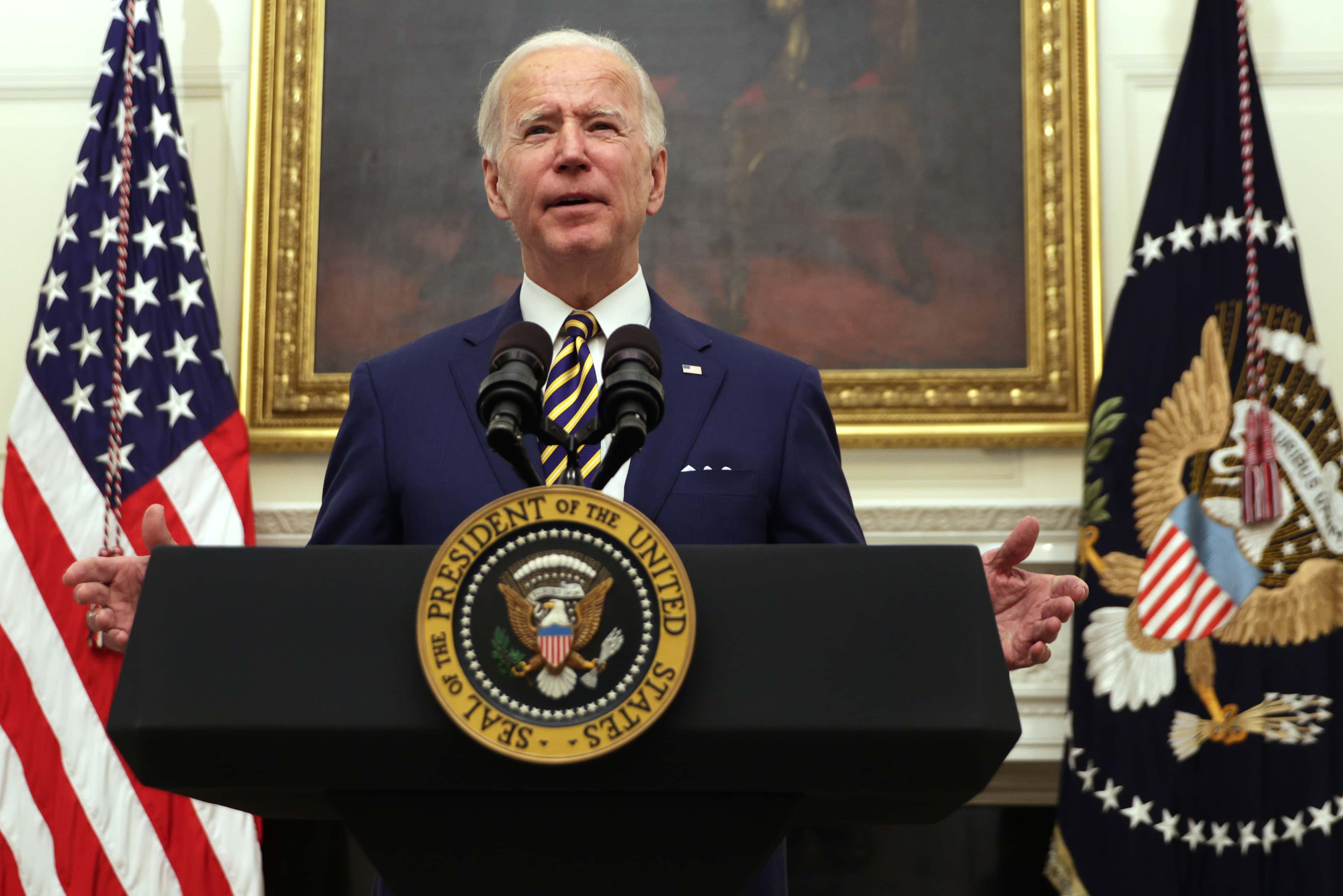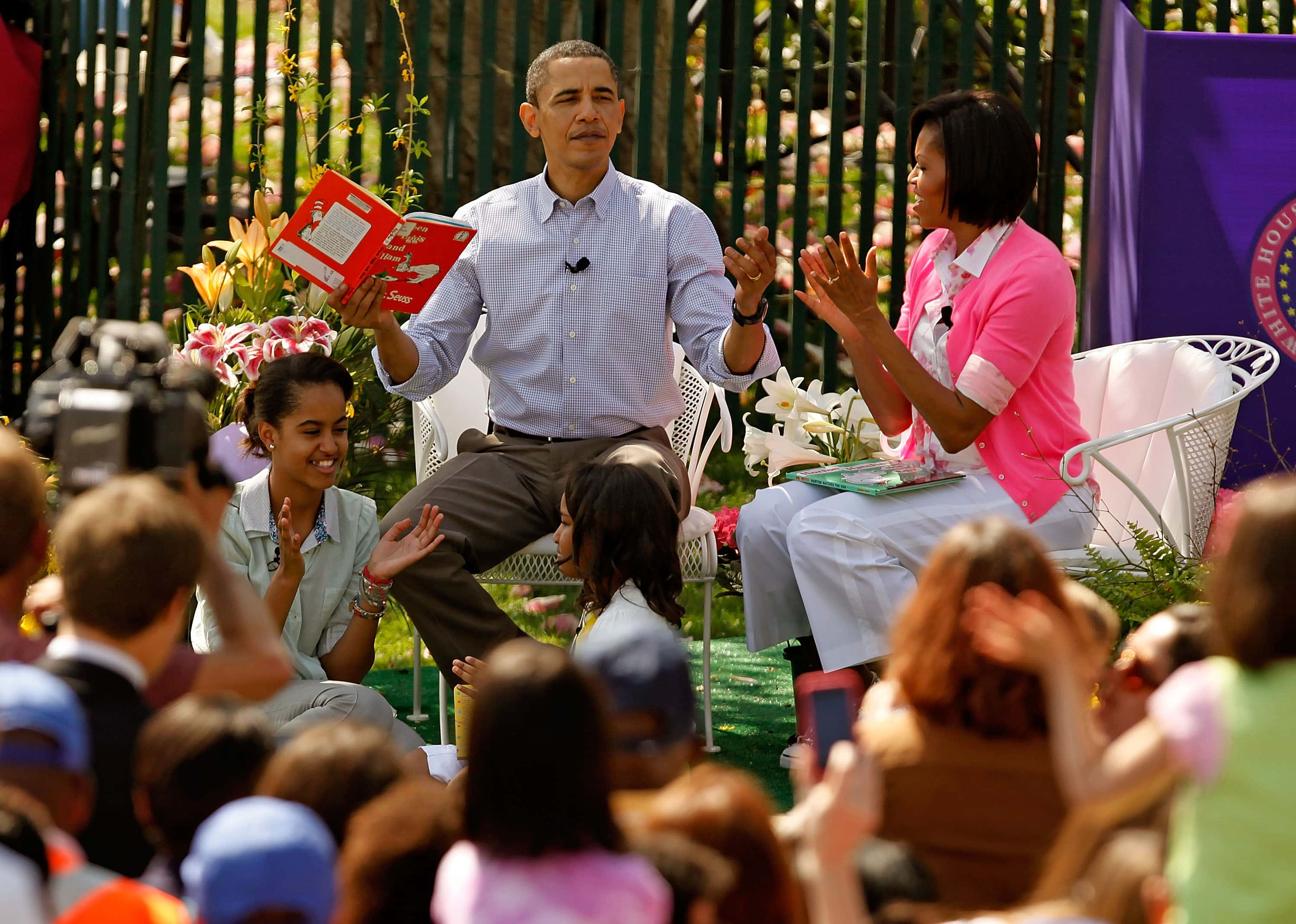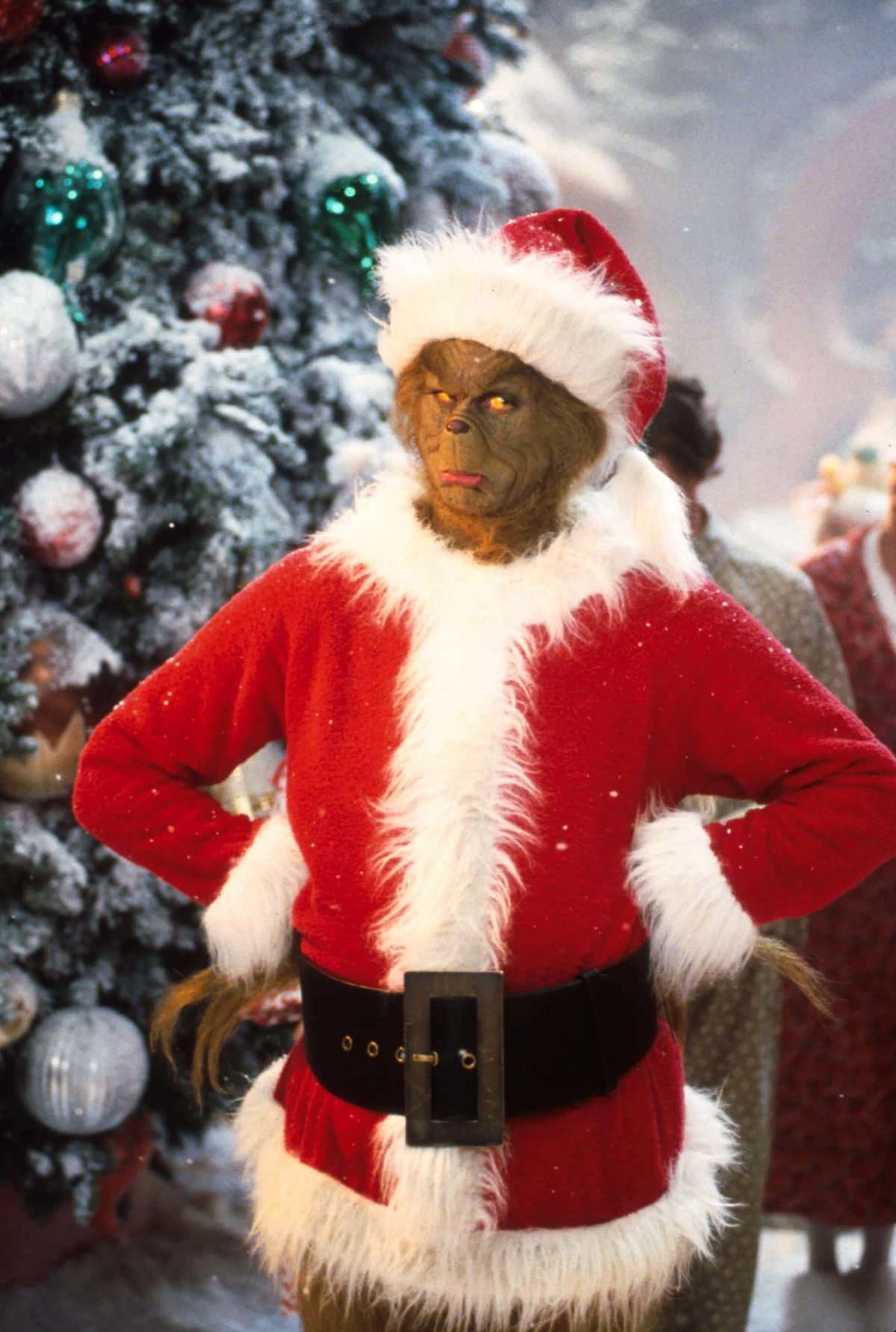Who was Dr Seuss? Joe Biden omits children's author in speech amid alleged 'racial stereotyping' of characters

Contradicting a 20-year-old trend, President Joe Biden avoided any mention of Dr Seuss on Read Across America Day on March 2, which is celebrated on the author's birthday itself. He broke the presidential tradition diligently maintained by his predecessors where the POTUS recognizes Dr Seuss' contribution to children's literature.
Though there is yet to be any official explanation from the White House on the move, it is believed to be in relation to the 'racist' connotations in Dr Seuss's literature. Biden's action comes after Virginia's Loudon County Public Schools (LCPS) omitted the creator of characters like Grinch, Horton, Cat in a Hat and Yertle the Turtle from reading lists on Read Across America Day.
READ MORE

Who was Dr Seuss?
Legendary author Theodor Seuss Geisel aka Dr Seuss is known for penning and illustrating over 60 iconic children's books, that have sold over 600 million copies across the world in his lifetime.
With a writing career spanning over 69 years from 1921 to 1990, Dr Seuss kept America engrossed in his immortal characters and their shenanigans. His stories have shaped the pop culture of America for decades, with adaptions for the silver screen or television, or the stage. In fact, movies based on his books went on to be nominated and honored at the Academy Awards.
Born on March 2, 1904, in Springfield, Massachusetts, Seuss's family belonged to German descent. During the outbreak of World War I, Seuss and his sister were discriminated against by other children for their German ancestry. Their father initially managed the family brewery, but later supervised the Springfield public park system after his brewery was closed down during Prohibition.

Seuss graduated from Dartmouth College in 1925 where he became the editor-in-chief of 'Dartmouth Jack-O-Lantern', a humor magazine. However, after a drinking scandal, when he was mandated to resign from his editorial position with the magazine, he officially started signing his work under the pen name 'Seuss' instead of his family name Geisel.
He joined Lincoln College, Oxford to pursue a D.Phil in English Literature but left midway, to launch a full-time career in writing and drawing. In 1927, he first signed as 'Dr Seuss' on his work for the magazine 'Judge'. However, his 'Dr' epithet was only legitimized much later in 1956 when Dartmouth bestowed him with an honorary doctorate.

Over the next decades, Seuss continued to rise in popularity, with his literature being a staple on children's bookshelves while his illustrations amused them equally. He also continued illustrating political cartoons, especially during World War II.
Dr Seuss died on September 24, 1991, from cancer, at 87. He was honored with two Academy Awards, two Emmy Awards, a Peabody Award, the Laura Ingalls Wilder Medal, the Inkpot Award and the Pulitzer Prize, during his lifetime as well as posthumously.
'Racial undertones'
In 2019, researchers Katie Ishizuka and Ramón Stephens published a paper after researching meticulously on over 2,240 characters created by Dr Seuss. They claimed that, "of the 2,240 (identified) human characters, there are forty-five characters of color representing 2% of the total number of human characters.” The research further indicated that out of these 45 characters, 43 exhibited behaviors and appearances that align with harmful and stereotypical Orientalist tropes.
In the statement released by LCPS, they specifically mention that one of the problems with Dr Seuss was his "anti-Japanese American political cartoons and cartoons depicting African Americans for sale captioned with offensive language."

A liberal Democrat in his political beliefs, Dr Seuss was a staunch supporter of Franklin D Roosevelt and supported all his policies of handling World War II, including the controversial actions.
In a report published by NPR, the offensive undertones in some of Seuss' classics have been highlighted. For example, in his classic 'And To Think That I Saw It On Mulberry Street', a Chinese character has been described to have two lines for eyes, who is carrying chopsticks and a bowl of rice while wearing traditional Japanese shoes. In another book 'If I Ran the Zoo', Seuss described two African men to be shirtless, shoeless and wearing grass skirts, while carrying an exotic animal.
In light of the discovery of such racial stereotypes, Dr Seuss' work recently came under fire in a progressive movement. However, it still remains to be seen how Biden administration explains the omission and addresses the controversy when there are generations of Americans for whom Dr Seuss is synonymous with childhood nostalgia.










